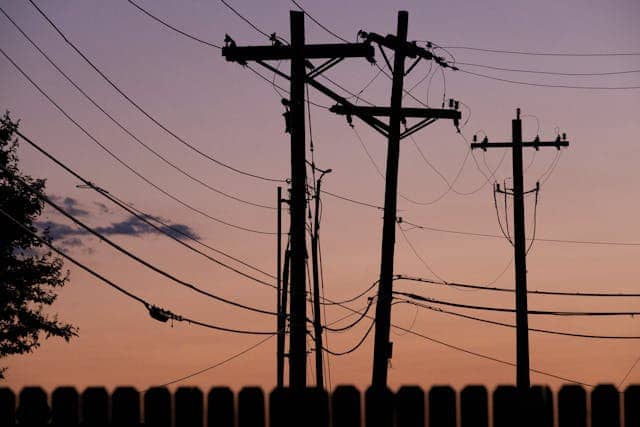Wole Soyinka and Military Forgiveness?
Wole Soyinka is not only a genius but also indeed an enigma even to the most discerning of minds. What is certain is that he has chosen in the course his entire career to be “the man on the moment”. Sometimes such quests for championing ‘moments’ entails considerable inconsistency and reversal in what one believes in or affirms. Let us start with the Wole Soyinka Annual Lecture (WSAL) series. It was instituted to honour the life, times and works of the man.
Last year was nigh saintly act for Wole Soyinka as part of his 80th birthday celebrations. It would include the WSAL. The man shared the same podium in brotherliness with Gen Yakubu Gowon (rtd) who was an invited speaker at the event. Gowon had jailed Soyinka because of subversive activities against the state. Soyinka from his prison memoirs “The Man Died” saw Gowon as a repressive military leader. Gowon was a military man and leader in every sense of the word, in the Nigerian context. Had Soyinka truly forgiven Gowon? Or was it just another ‘moment’? It is a question worth asking.
Roll the dice!
The WSAL have by way of excessive entreaty invited Emeka Odumegwu Ojukwu to be the guest speaker for the event but for some reason he declined. Ojukwu was a military man and had his share of the blame. Even if it is lesser, for the occurrence of the “Biafran Holocaust” and its lingering aftermath. Ojukwu was a military man. Col Abubakar Umar was also a recipient of entreaty to be a guest speaker at the WSAL Umar also declined. Umar too was a military man.
The list of ex-military men invited to be guest speakers at the WSAL is not short. One wonders if people like Generals Salihu Ibrahim, Ibrahim Babangida and Muhammadu Buhari were not at one time or another invited to be guest speakers at the WSAL. Is there a case of the ‘moment’ when any ex-military officer receives expedient forgiveness effectively to make the history of the WSAL? Or is it a ‘moment’ that is also an ‘enigma’ unfathomable?
Recently Soyinka famously rendered Buhari unfit for holding the office the President of the Federal Republic of Nigeria. This was based on Buhari’s repressive military record. Indeed, Soyinka has not forgiven Buhari for his method of ruling Nigeria as a military leader. Wole Soyinka has nothing serious against religion since he does not practise or believe in any “imported religion”. He has nothing against Buhari’s age because Soyinka himself aged 76 launched the Democratic Front for a People’s Federation. So it is down to Buhari’s military rule. The War Against Indiscipline (WAI) and the enactments of Decrees 2 and 4, for example, were not pleasant things to execute on citizens. In fact, many remember and see them as heinous. What ‘moment’ would encourage Soyinka to forgive Buhari?
Even General Babangida who offered Soyinka his highest ever job in public office in Nigeria, as Chairman of the Federal Road Safety Corps, has not been forgiven for his tenure of military Head of State of Nigeria. Outside Nigeria, Soyinka was UN Ambassador for Human Rights as a citizen. And on behalf of a nation, he was well-known to despise its successive military juntas. Those events were also Soyinka’s ‘moments’. Babangida has much too much to answer for during his tenure but has not. Again, what ‘moment’ would necessitate Soyinka to forgive Babangida?
In response to General Olusegun Obasanjo recently published controversial and questionable memoirs, “Olusegun Obasanjo: My Watch“, Soyinka demonstrates that he has not forgiven ‘Uncle Sege’. However, in this case, it is more a case of poor integrity and unbecoming behaviour of Obasanjo. That is source unforgiven-ness than his military rule. Military rule and style is probably more the considerable problem with Obasanjo than sheer dishonesty, deep down.
And there must be many more unforgiven military men that only ‘moments’ will bring out into the open. Perhaps only another set of ‘moments’ will ensure their forgiveness, real or ostensible.
Grimot Nane
(Originally published on January 6, 2015)




